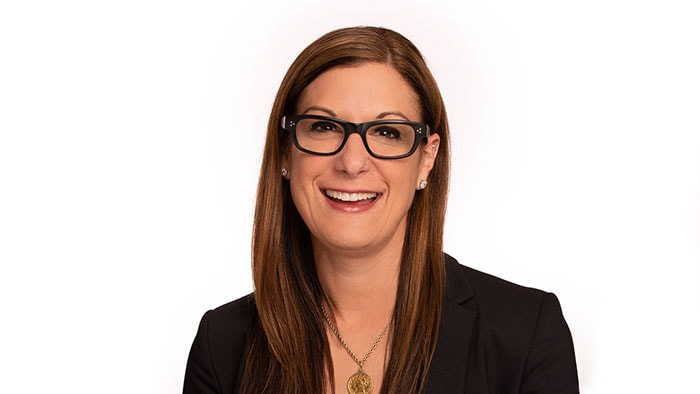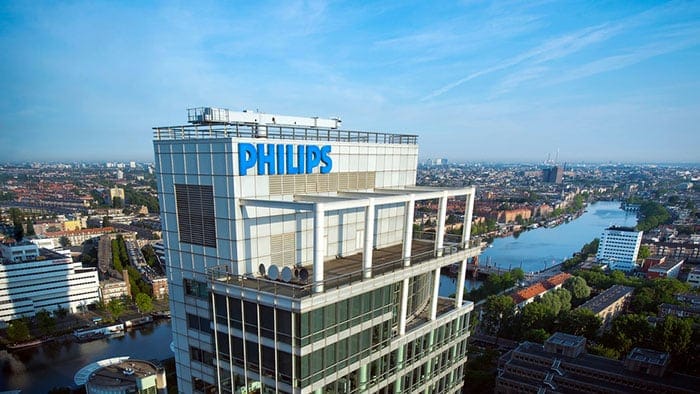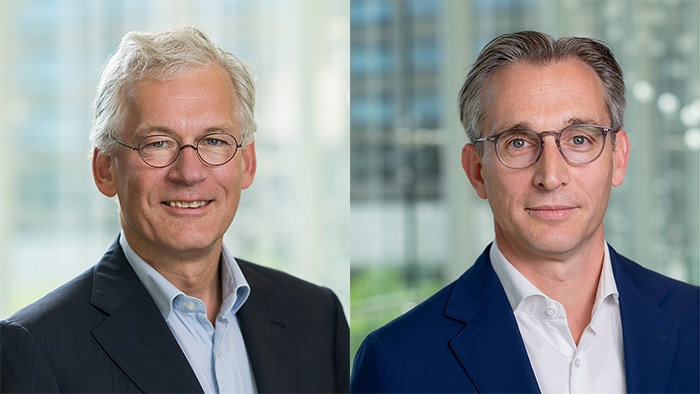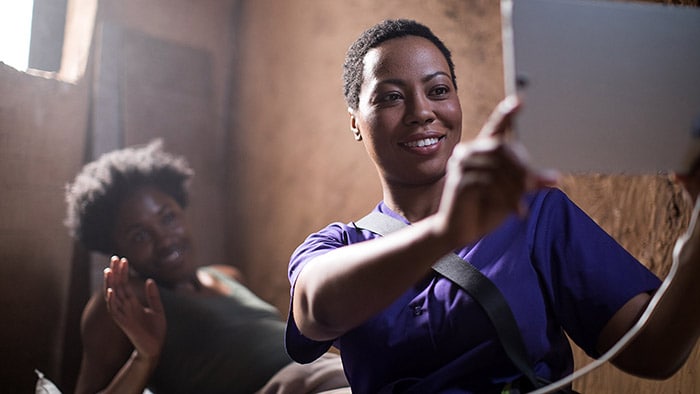Jul 22, 2019
Philips' Second Quarter Results 2019
Philips delivers Q2 sales of EUR 4.7 billion, with 6% comparable sales growth and 8% comparable order intake growth; income from continuing operations increases to EUR 260 million and Adjusted EBITA margin improves to 11.8%
Second-quarter highlights Frans van Houten, CEO “I am pleased with the 6% comparable sales growth in the second quarter, with all businesses contributing. We also recorded strong 8% comparable order intake growth, driven by the continued demand for our innovative product portfolio across the Diagnosis & Treatment businesses. Adjusted EBITA margin for the Group improved by 60 basis points, mainly driven by the performance improvement of the Diagnosis & Treatment businesses, despite adverse currency and tariff impacts. We continue to expect our performance momentum to further improve in the second half of the year, supported by sales growth and our productivity programs. We maintain our overall targets of 4-6% comparable sales growth and an Adjusted EBITA margin improvement of 100 basis points on average per year for the 2017-2020 period.”
Reporting segment performance The Diagnosis & Treatment businesses recorded 6% comparable sales growth, led by double-digit growth in Image-Guided Therapy. Comparable order intake showed a double-digit increase, driven by double-digit growth in China and Western Europe. The Adjusted EBITA margin increased to 12.3%, reflecting sales growth and productivity, partly offset by the impact of tariffs. Comparable sales in the Connected Care businesses increased 6%, with mid-single-digit growth in Monitoring & Analytics and Sleep & Respiratory Care. Comparable order intake showed a mid-single-digit decline, reflecting the uneven order intake dynamics. The Adjusted EBITA margin decreased to 12.1%, mainly due to tariffs, adverse currency impact and mix. The Personal Health businesses delivered comparable sales growth of 5%, with high-single-digit growth in Oral Healthcare and mid-single-digit growth in Personal Care and Domestic Appliances. The Adjusted EBITA margin decreased to 13.4%, as the operational leverage from sales growth was offset by investments in advertising. Philips’ ongoing focus on innovation and strategic partnerships resulted in the following highlights in the quarter: Cost savings In the second quarter of 2019, cost savings totalled EUR 146 million, reflecting procurement savings of EUR 48 million and savings from overhead and other productivity programs of EUR 98 million. Capital allocation In the second quarter of 2019, Philips completed its EUR 1.5 billion share buyback program for capital reduction purposes that was announced on June 28, 2017. As of the end of the second quarter of 2019, Philips has completed 21.1% of its new EUR 1.5 billion share buyback program for capital reduction purposes that was announced on January 29, 2019. Further details can be found here. In the quarter, Philips completed the cancellation of 30 million shares that were acquired as part of the share buyback programs mentioned above. Additionally, Philips successfully placed a EUR 750 million 0.500% Green Innovation Bond due 2026. Regulatory update Philips continues to fulfill its obligations under the Consent Decree [1]. The US Food and Drug Administration (FDA) reverted to Philips with follow-up requests, on which the company is currently acting. [1] Under the Consent Decree, Philips continues to export its range of AED devices and manufacture and distribute its H1/OnSite/Home automated external defibrillator (AED) model in the US. The company also continues to service the AEDs and provide consumables and the relevant accessories.
Quarterly Report Second Quarter Results 2019 - Quarterly Report Presentation Second Quarter Results 2019 - Quarterly Results Presentation Conference call and audio webcast A conference call with Frans van Houten, CEO, and Abhijit Bhattacharya, CFO, to discuss the results will start at 10:00AM CET, July 22, 2019. A live audio webcast of the conference call will be available through the link below. Q2 2019 – Second quarter 2019 results conference call audio webcast More information about Frans van Houten and Abhijit Bhattacharya Click here for Mr. van Houten's CV and images Click here for Mr. Bhattacharya's CV and images
Visit our interactive results hub for more on our financial and sustainability performance over the past quarter, including the latest version of our dynamic Lives Improved world map.
About Royal Philips
Royal Philips (NYSE: PHG, AEX: PHIA) is a leading health technology company focused on improving people's health and enabling better outcomes across the health continuum from healthy living and prevention, to diagnosis, treatment and home care. Philips leverages advanced technology and deep clinical and consumer insights to deliver integrated solutions. Headquartered in the Netherlands, the company is a leader in diagnostic imaging, image-guided therapy, patient monitoring and health informatics, as well as in consumer health and home care. Philips generated 2018 sales of EUR 18.1 billion and employs approximately 78,000 employees with sales and services in more than 100 countries. News about Philips can be found at www.philips.com/newscenter.
Forward-looking statements and other important information
Forward-looking statements These factors include but are not limited to: global economic and business conditions; political instability, including developments within the European Union such as Brexit, with adverse impact on financial markets; the successful implementation of Philips’ strategy and the ability to realize the benefits of this strategy; the ability to develop and market new products; changes in legislation; legal claims; increased healthcare regulation; changes in currency exchange rates and interest rates; changes in foreign currency import or export controls; future changes in tax rates and regulations, including trade tariffs; pension costs and actuarial assumptions; changes in raw materials prices; changes in employee costs; the ability to identify and successfully complete acquisitions, and to integrate those acquisitions into the business, the ability to successfully exit certain businesses or restructure the operations; the rate of technological changes; cyber-attacks, breaches of cybersecurity; political, economic and other developments in countries where Philips operates; industry consolidation and competition; and the state of international capital markets as they may affect the timing and nature of the disposal by Philips of its remaining interests in Signify. As a result, Philips’ actual future results may differ materially from the plans, goals and expectations set forth in such forward-looking statements. For a discussion of factors that could cause future results to differ from such forward-looking statements, see the Risk management chapter included in the Annual Report 2018. Third-party market share data Statements regarding market share, including those regarding Philips’ competitive position, contained in this document are based on outside sources such as research institutes, industry and dealer panels in combination with management estimates. Where information is not yet available to Philips, those statements may also be based on estimates and projections prepared by outside sources or management. Rankings are based on sales unless otherwise stated. Use of non-IFRS information In presenting and discussing the Philips Group’s financial position, operating results and cash flows, management uses certain non-IFRS financial measures. These non-IFRS financial measures should not be viewed in isolation as alternatives to the equivalent IFRS measure and should be used in conjunction with the most directly comparable IFRS measures. Non-IFRS financial measures do not have standardized meaning under IFRS and therefore may not be comparable to similar measures presented by other issuers. A reconciliation of these non-IFRS measures to the most directly comparable IFRS measures is contained in this document. Further information on non-IFRS measures can be found in the Annual Report 2018. Use of fair value information In presenting the Philips Group’s financial position, fair values are used for the measurement of various items in accordance with the applicable accounting standards. These fair values are based on market prices, where available, and are obtained from sources that are deemed to be reliable. Readers are cautioned that these values are subject to changes over time and are only valid at the balance sheet date. When quoted prices or observable market data are not readily available, fair values are estimated using appropriate valuation models and unobservable inputs. Such fair value estimates require management to make significant assumptions with respect to future developments, which are inherently uncertain and may therefore deviate from actual developments. Critical assumptions used are disclosed in the Annual Report 2018. In certain cases independent valuations are obtained to support management’s determination of fair values. Presentation All amounts are in millions of euros unless otherwise stated. Due to rounding, amounts may not add up precisely to totals provided. All reported data is unaudited. Financial reporting is in accordance with the accounting policies as stated in the Annual Report 2018, except for IFRS 16 lease accounting, which is implemented per January 1, 2019. As announced on January 10, 2019, Philips has realigned the composition of its reporting segments effective as of January 1, 2019. The most notable changes are the shifts of the Sleep & Respiratory Care business from the Personal Health segment to the renamed Connected Care segment and most of the Healthcare Informatics business from the renamed Connected Care segment to the Diagnosis & Treatment segment. Accordingly, the comparative figures have been restated. The restatement has been published on the Philips Investor Relations website and can be accessed here. Market Abuse Regulation This press release contains inside information within the meaning of Article 7(1) of the EU Market Abuse Regulation.
This document and the related oral presentation, including responses to questions following the presentation, contain certain forward-looking statements with respect to the financial condition, results of operations and business of Philips and certain of the plans and objectives of Philips with respect to these items. Examples of forward-looking statements include: statements made about the strategy; estimates of sales growth; future Adjusted EBITA; future restructuring, acquisition-related and other costs; future developments in Philips’ organic business; and the completion of acquisitions and divestments. By their nature, these statements involve risk and uncertainty because they relate to future events and circumstances and there are many factors that could cause actual results and developments to differ materially from those expressed or implied by these statements.
Topics
Contacts

Ben Zwirs
Philips Global Press Office Tel: +31 6 1521 3446
You are about to visit a Philips global content page
Continue
Martijn van der Starre
Philips Global Press Office Tel: +31 6 2847 4617
You are about to visit a Philips global content page
ContinueBusiness Highlights Q2 2019
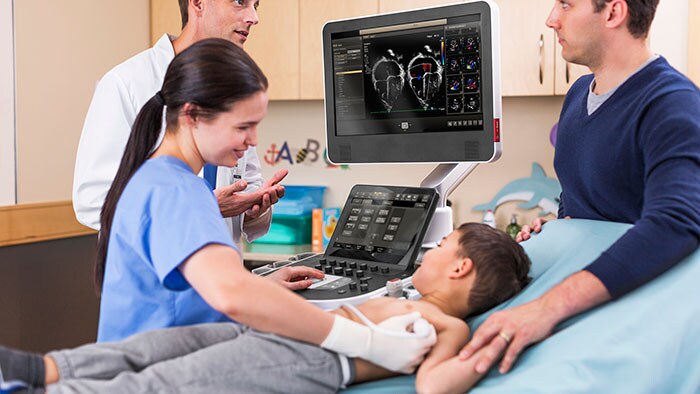
Philips launches new cardiac ultrasound solutions with anatomical intelligence
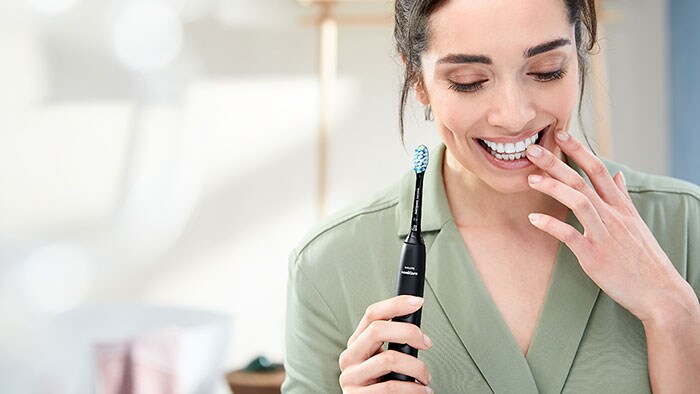
Broadening its leading portfolio of power toothbrushes, Philip launched Sonicare DailyClean, an entry-level proposition to address lower price segments, and Sonicare ExpertClean, a high-end range featuring premium brush heads, connectivity and design, in the US.
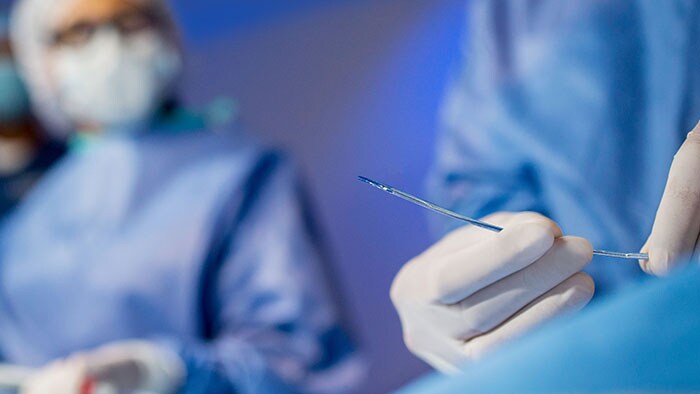
Safety and efficacy of Philips’ Stellarex .035 low-dose drug-coated balloon demonstrated in clinical trials at three years

